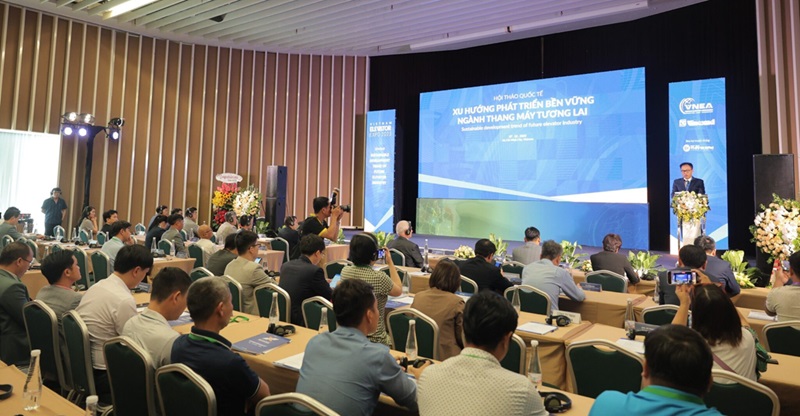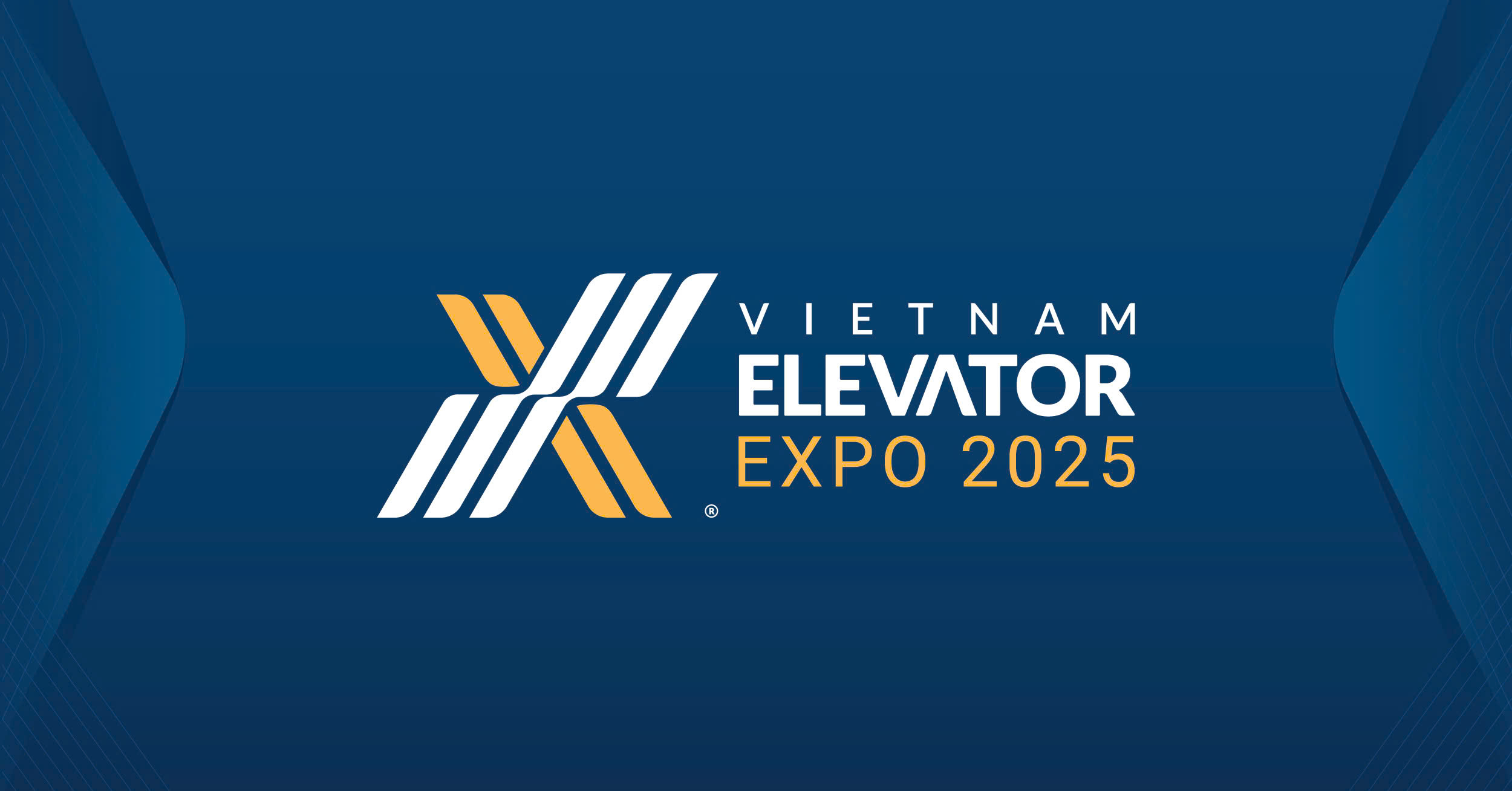Elevator is a new industry and is thirsty for human resources. The situation where supply cannot meet demand is very likely to happen. Unfortunately, at the present time, there are no universities and colleges that specialize in elevators.
The more specific, the more thirsty for human resources
An enterprise with foreign direct investment (FDI) announces the recruitment of engineers for drawing design, quality control and elevator maintenance. The requirement is to have an in-depth understanding of elevators, not just electrical, electronic and mechanical knowledge. After a period of searching, businesses are forced to lower their standards to find suitable candidates.
Another Vietnamese enterprise needs to recruit a programmer to control the production line of elevator components imported from Taiwan. The preferred choice of business owners is engineers who graduated from Polytechnic University. However, “we also have to retrain these engineers according to the specific requirements of the job. It takes a lot of time, effort and money while immediately deploying production work. But there is no other way,” he said.
The story above illustrates the reality of the elevator industry’s intensive human thirst: There is demand but no supply.

Huge revenue potential in elevator manufacturing, fabrication, installation and maintenance services
In Vietnam, at this time, the whole country has about 300 enterprises operating in the field of elevators, 1,500 individuals and organizations related to elevators. Meanwhile, the elevator training industry code has not been “born” which means that there is no intensive training oriented on elevators.
Why are schools not interested in opening narrow majors?
Mr. Bui Van Linh – Director of Training Support Center and Human Resource Supply – Ministry of Education and Training (MOET-TSC) frankly shared after this question of Elevator Magazine.
Accordingly, to open a major requires careful preparation and large investment. In the context that many universities operate under an autonomous mechanism, the opening of majors is more carefully calculated.
First, the input source must be calculated. Often a new major if it is not “hot” enough, it will be difficult to attract candidates. And if there are not enough students or “spoofing”, training will be wasted.
Second, a training program must be developed. For narrow majors, it is not easy to get a suitable and practical curriculum in a short time. And the narrower it is, the harder it is.
The third is to prepare organic human resources including managers and teachers to meet the prescribed requirements when training a discipline.
The fourth is to prepare facilities such as classrooms, laboratories, and practice workshops
Fifth, the training method must be suitable for the elevator industry. The most suitable method is learning by doing (training on job or training by doing). This method is very suitable for narrow specialties including elevator majors. However, the standardization of the training program has not been done. In Vietnam at present, only Gamalift, Kone, and Schindler units implement this model. This is the optimal training method that needs to be replicated to meet the increasing human resource needs of the elevator industry…
The final element of the narrow industry is to calculate the output – employment for graduates.
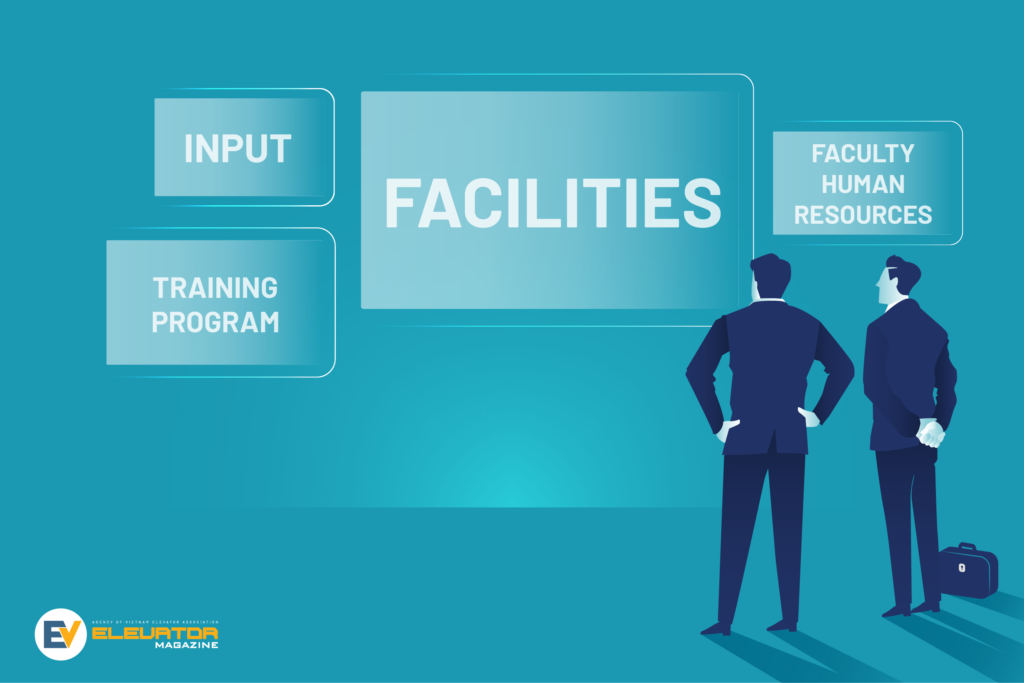
Opening a narrow major is not an easy thing
If we don’t carefully study the social needs, the needs of business units, the attractiveness of the new profession, there will be no learners when it opens. This not only affects investment but also affects the reputation of the school, the industry, etc.
As before, some professions are very attractive to learners, typically business administration or banking. But only after a while, supply exceeded demand, learners began to turn away from these disciplines. So universities have a reason not to open narrow majors.
Meanwhile, the trend of technical schools is to provide universal training so that graduates can work in many fields. For example, engine engineers can work in the automotive industry, tractors, construction machinery, ships, etc. Of course, in each specific field, they need to be trained in depth to be compatible.
Such universal training will attract more students than narrow specialized training. But practice has also shown a lot of disadvantages of this training method. We have many engineers who are unemployed because “know everything while knowing nothing”.
One profession for nine is better than nine jobs, which makes perfect sense.
The industry is narrow but the job door is not narrow
In recent years, it is quite common for university students to graduate after being recruited and have to re-train. Recently, a survey by the Vietnam Confederation of Commerce and Industry (VCCI) on the relevance of the work students are doing with their majors showed that up to 60% of graduates do not work properly. with trained professions. This is also one of the reasons why the high-quality labor force, including the human resources for the elevator industry, has not yet met the needs of the market.
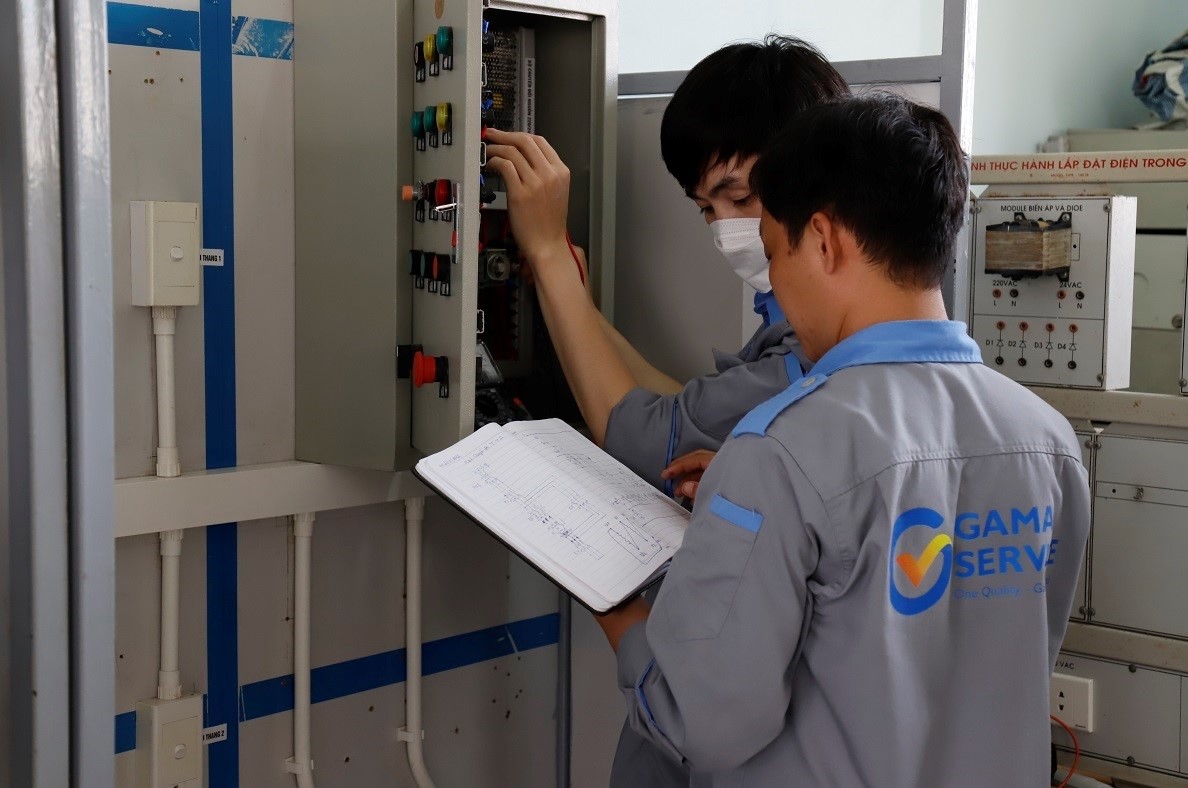
Training in the right direction will avoid wasting human resources for the industry and the country
Meanwhile, the elevator and escalator market in Vietnam is developing strongly. The demand for elevator installation is constantly increasing, opening up many development opportunities for businesses. And to meet this wave of development, the demand for high-quality human resources also increases. However, because there is no formal training school, businesses have a hard time recruiting to serve their requirements.
Tran Phuong, Head of Analysis Department of the Center for Training Support and Manpower Supply – Ministry of Education and Training, said that based on actual needs, the elevator engineering industry needs highly qualified human resources who are engineers. specialized but currently there is no specialized training, so it is mainly recruiting and then training to convert from other majors. These personnel can work well on each part of their training such as electrical, electronic, control, mechanical, construction, engine… but lack deep and practical knowledge about elevators.
Meanwhile, opening an intensive training industry in elevators is not as simple as the analysis above.
In such conditions, a narrow cooperation in specialized training is a very feasible option. Universities can coordinate with professional associations with training functions, centers and vocational training institutions to train and supply elevator human resources at the request of enterprises and units. .
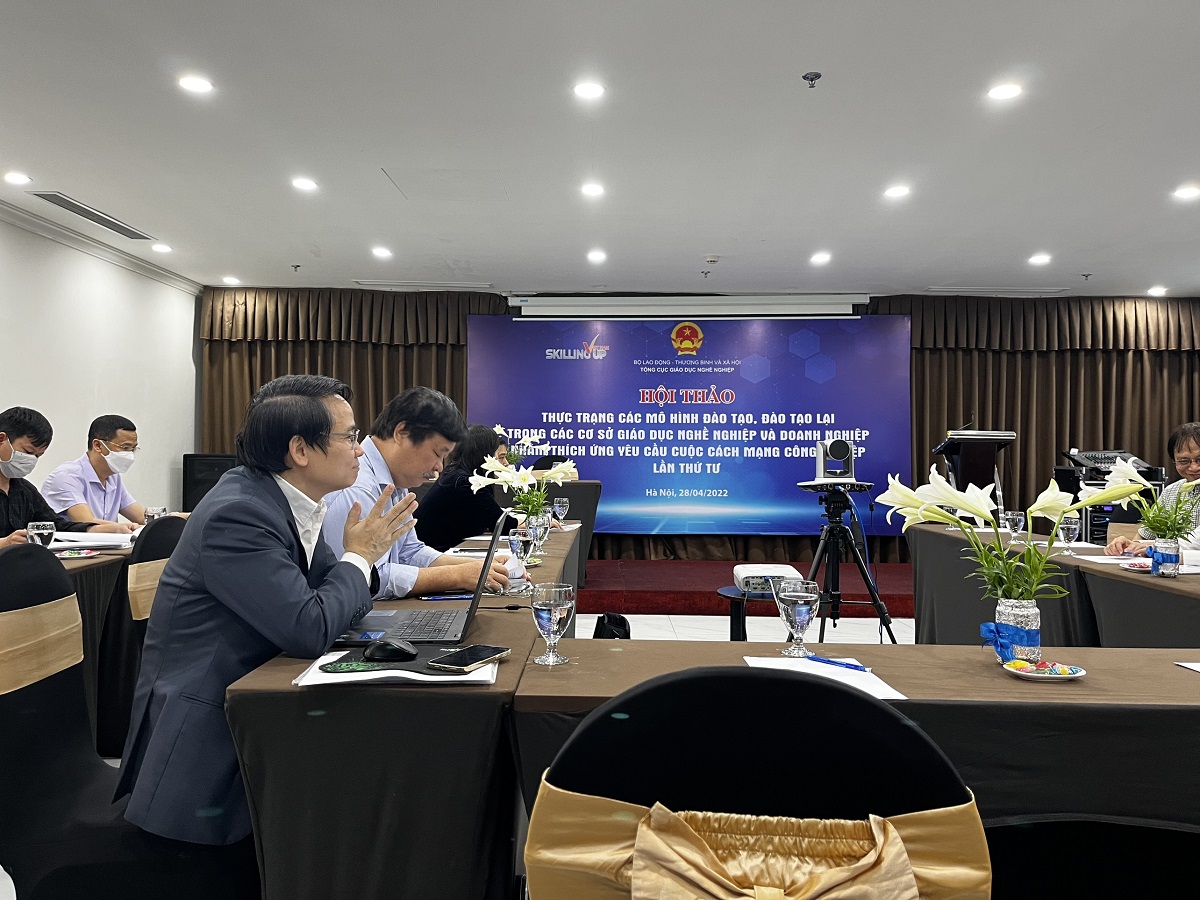
General Secretary of the Vietnam Elevator Association (VNEA) Nguyen Huy Tien (head of the table) attended and spoke at the seminar on human resource training.
It is known that one of the areas of activity of the Vietnam Elevator Association (VNEA) is to organize training, vocational training, promotion and improvement of quality, safety and technical standards for elevators and escalator in Vietnam. The association has cooperated with a number of vocational training institutions in the country to develop and standardize the elevator technical training program, provide dedicated practice infrastructure, provide technical experts to teach towards purpose of improving the quality of human resources in the elevator industry. To realize the goal of promoting training and cooperation in training human resources in the elevator industry, on December 14, 2021, the Institute of Elevator Application Engineering (VILEA) under the Vietnam Elevator Association was officially established. The Institute operates with the main functions of scientific and technological research and development; research and development of standards and labor training in Vietnam’s elevator industry.

VNEA cooperates with HHT High-Tech Vocational College to provide intensive training in elevator engineering for Gama Service
Chairman of the Vietnam Elevator Association (VNEA) Nguyen Hai Duc also shared, VNEA is always pioneering and making efforts in training cooperation with many training institutions across the country. With the deep and substantive cooperation between VNEA and training institutions across the country, many skilled, conscientious, and visionary engineers and elevator technicians will be provided not only for elevator businesses domestic machines, but also have the opportunity to work at many foreign elevator companies, creating many jobs and earning foreign currency for the country. This is also the mission, demonstrating VNEA’s role in connecting and supporting the development of Vietnam’s elevator industry in the coming time.
